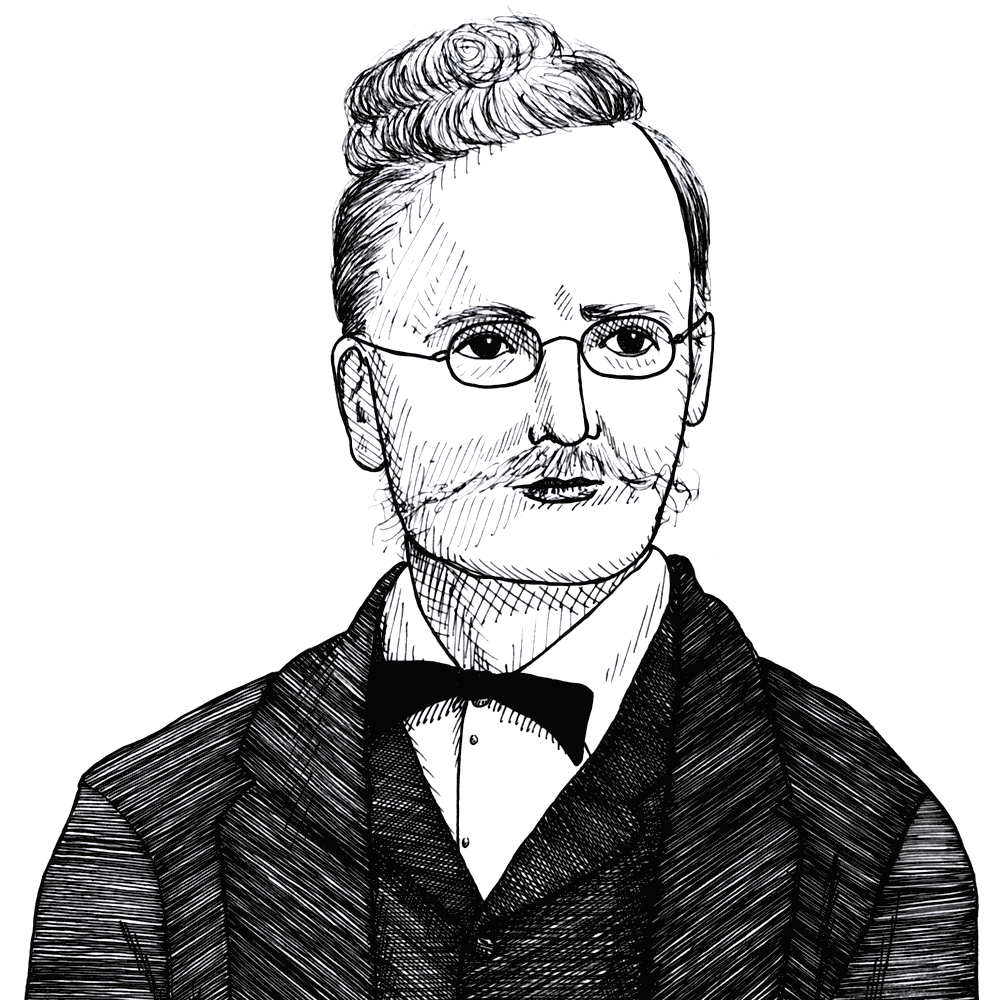
Philip Wicksteed’s positive vision of the “cash nexus” (1910)
Found in: The Commonsense of Political Economy
The English economist and theologian Philip H. Wicksteed (1844-1927) turns Marx’s idea of the evils of the “cash nexus” on its head in his discussion of how the “economic nexus” brings together two groups who would not normally associate with each other very easily, if at all:
Economics
There is surely nothing degrading or revolting to our higher sense in this fact of our mutually furthering each other’s purposes because we are interested in our own. There is no taint or presumption of selfishness in the matter at all. The economic nexus indefinitely expands our freedom of combination and movement; for it enables us to form one set of groups linked by cohesion of faculties and resources, and another set of groups linked by community of purpose, without having to find the “double coincidence” which would otherwise be necessary. This economy and liberty will be equally valued by altruistic and by egoistic groups or individuals, and it would be just as true, and just as false, to say that the business motive ignores egoistic as to say that it ignores altruistic impulses.